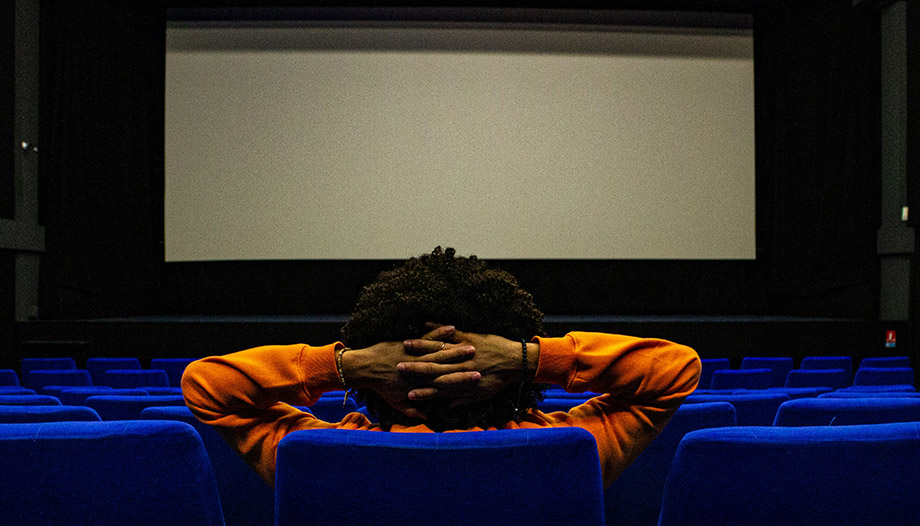Film producer María Luisa Gutiérrez became the talk of the town a few months ago for her viral speech in the Goya of 2025after receiving the award for best film for "The infiltrator". In it he spoke about freedom of expression when he said: "... let's remember that democracy is based on freedom of expression. And freedom of expression is based on everyone thinking what they think, and that, even if I am at odds with what you think, I respect you and you have the right to say what you think".
But he also made it a reference for the film industry when he said: "I want to share my little piece of Goya with my partner Santiago Segura, because our company makes films, family comedies that bring in a lot of box office and thanks to them we can make risky films like this one. In a healthy industry you need both cinemas. One cannot live without the other. I also want to share it with my fellow independent producers, those who make risky bets on films that may not have a box office return. Because culture not only has to have a box-office return, but then travel around the world as Spain's brand".
In line with these statements, it is understood that there can be a quality industry, where different genres coexist, where a free and hopeful cinema is shown.
On the one hand, family movies
Undoubtedly, in the pre and post pandemic, within the family cinema has highlighted the successful saga of "Padre no hay más que uno", which began in 2019 and in its fifth installment has reached theaters in the month of June. On this occasion, the humor has as a common thread the contrast between the "empty nest" syndrome, which has been common, and the "full nest" syndrome that Javi -the main character- lives, because in his case nobody leaves home.
In the middle of the cascade of success of this series of films, "A todo tren destino Asturias" 1 and 2 were born, another triumph of this type of cinema, which has also been well received. In both cases the key to success lies in its director and main actor Santiago Segura, who has always known how to make the audience laugh. Making films that are to the viewer's liking, arousing interest and humor like no one else, with films like Torrente or with this genre that is for all audiences. How does he achieve this? This creative is able to x-ray and scan the soul of many people who have lived with him on a daily basis, focusing on a lot of details that he then captures in the cinema giving play to actors and newcomers.
This cinema is compatible with the production of other types of riskier films, as his partner María Luisa García said.
Risky bets in Spanish cinema
Not only "La Infiltrada" stands out in the Spanish creative industry. Lourdes Esqueda, contributor to the film podcast "El antepenúltimo mohicano", says that there is a new way of making films with risky bets that seem not to be under the influence of politicization and "topicazo". It is a cinema made by low-budget independent production companies, which do not try to impose a discourse. It is a cinema of exploration, which makes us think.
The vast majority of the representatives are women. She gives as an example the cinema of director Celia Rico with films such as "La buena letra" (2025).
She also talks about Pilar Palomero, an Aragonese director who has directed films such as "Las niñas" (2020)., where an infant girl spends her adolescence in a nun's school. And she sees the great difference between what she learns at school and what she learns in society. She discovers what it means that her mother is unmarried to the harsh judgment of society. The film's backdrop is groundbreaking, suggesting that the key to success in life is to be who you are, someone authentic.
Or "La maternal" (2022), where this director narrates the pregnancy of another teenager in the Maternal, a residence where pregnant teenagers, victims of rape and violence, are taken in. It speaks of the social judgment of women. In "Los destellos" (2024) Palomero deals with a very different subject. Ramón's isolation in his room due to his illness. This situation awakens his daughter's interest in him, which she in turn transfers to her mother, so that she can visit her ex-husband. Although at that moment they are two real strangers to each other, they manage to overcome their mutual resentments and prejudices, and awaken interest in each other.
All these films are samples of the "flashes" of a new quality cinema that comes out of the mold, where social realities are shown with a different perspective, more optimistic and more hopeful, giving a way out to each of the complex situations that arise.








